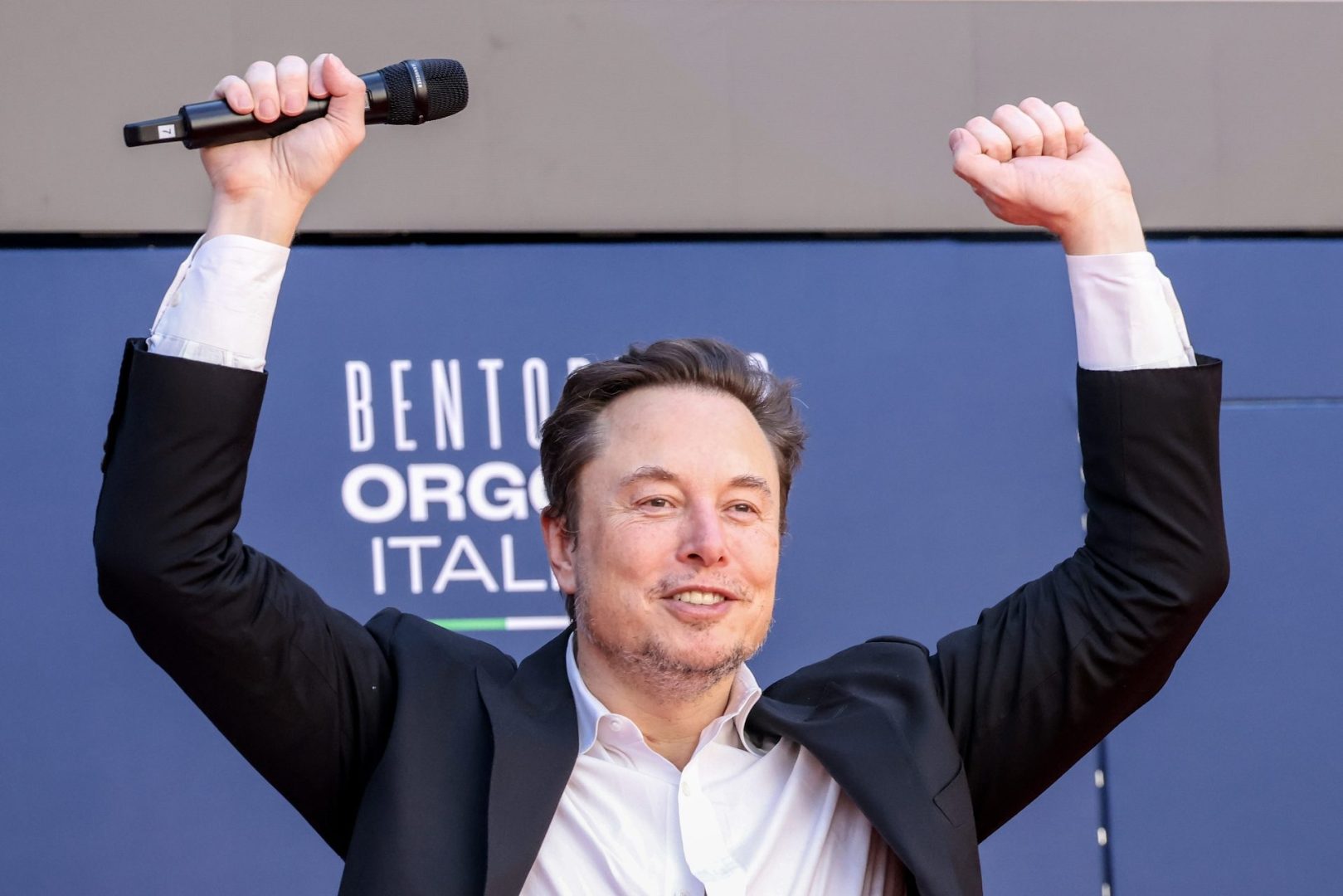Elon Musk has made his most audacious political move yet, announcing the formation of a brand new political party just weeks after his explosive public feud with President Donald Trump reached a boiling point.
The world’s richest man took to his social media platform X to declare the creation of the America Party, positioning it as a direct challenge to the entrenched Republican and Democratic two-party system that has dominated American politics for generations.
The announcement comes amid mounting tensions between the billionaire entrepreneur and his former political ally, marking a dramatic shift in a relationship that once seemed unbreakable. Musk’s decision to launch his own political movement represents perhaps the most significant third-party challenge to emerge from within Trump’s inner circle.
While the Federal Election Commission has yet to publish any formal registration documents for the new party, Musk’s announcement has already sent shockwaves through political circles. The timing appears deliberately calculated, coming just days after his final break with the Trump administration.
From allies to enemies in record time
The transformation of Musk and Trump’s relationship from close partnership to bitter rivalry has unfolded with remarkable speed. Less than a year ago, Musk was dancing alongside Trump at campaign rallies, investing heavily in his political comeback and even bringing his four-year-old son to meet the president in the Oval Office.
Musk’s financial commitment to Trump’s 2024 campaign was nothing short of extraordinary. The Tesla CEO poured $250 million into supporting Trump‘s return to power, making him one of the most significant individual donors in American political history. This massive investment seemed to pay off when Trump appointed Musk to lead the Department of Government Efficiency, a high-profile role designed to slash federal spending.
However, the partnership began to crumble in May when Musk abruptly left his administration position. The billionaire’s departure coincided with his increasingly vocal criticism of Trump’s tax and spending policies, particularly legislation that Trump proudly called his “big, beautiful bill.”
The massive spending package, which narrowly passed Congress and was signed into law this week, includes enormous spending commitments and tax cuts that will add more than $3 trillion to the federal deficit over the next decade. For Musk, who built his reputation on efficiency and fiscal responsibility, the legislation represented everything wrong with Washington politics.
The poll that changed everything
Musk’s path to creating the America Party began with a simple social media poll. During the height of his public disagreement with Trump, the billionaire asked his millions of X followers whether they wanted a new political party in the United States. The response was overwhelming.
Referencing the poll results in his Saturday announcement, Musk declared that users wanted a new political party by a factor of 2 to 1. His message was characteristically blunt and direct, criticizing what he sees as a broken political system that fails to represent ordinary Americans.
The billionaire’s critique goes beyond traditional partisan politics. He argues that when it comes to wasteful spending and corruption, America effectively operates as a one-party system rather than a true democracy. This perspective reflects his growing frustration with both Republican and Democratic establishments.
Musk’s announcement promised that the America Party would “give you back your freedom,” employing populist rhetoric that could appeal to voters disillusioned with traditional political options. The messaging suggests he’s positioning the party as a vehicle for ordinary Americans frustrated with establishment politics.
Personal attacks escalate the conflict
The relationship between Musk and Trump has deteriorated beyond mere policy disagreements into personal attacks that have shocked political observers. Trump’s recent comments about Musk on his Truth Social platform represent a particularly low point in their relationship.
The president suggested that Musk has received more government subsidies than any human being in history, a pointed reference to the various tax incentives and government contracts that have benefited Tesla, SpaceX, and other Musk ventures. Trump’s threat to investigate these subsidies through the Department of Government Efficiency adds a layer of potential legal jeopardy to their personal animosity.
Perhaps most cutting was Trump’s suggestion that without government subsidies, Musk would need to “shop and head back home to South Africa.” This comment appears designed to question Musk’s American identity and business legitimacy, striking at the core of the billionaire’s public persona.
The personal nature of these attacks reflects how completely the relationship has broken down. What began as policy disagreements has evolved into a full-scale character assassination campaign, with both men using their massive social media platforms to score points against each other.
Third-party challenges face steep odds
Despite Musk’s enormous wealth and influence, the America Party faces the same structural challenges that have historically limited third-party movements in American politics. The winner-take-all electoral system creates powerful incentives for voters to choose between the two major parties, even when they prefer alternative options.
Recent presidential elections have demonstrated the difficulty third parties face in gaining meaningful traction. In 2024, candidates from the Libertarian Party, Green Party, and People’s Party all failed to prevent either Trump or Democratic rival Kamala Harris from winning, despite significant campaign efforts and media attention.
However, Musk’s unique position as both a cultural icon and business leader could potentially overcome some of these traditional barriers. His control of X gives him an unprecedented platform to communicate directly with millions of Americans, while his business success provides credibility on economic issues.
The billionaire’s companies have also created a devoted following among consumers and investors who admire his entrepreneurial achievements. Tesla owners, SpaceX enthusiasts, and technology workers represent potential constituencies that could form the foundation of a new political movement.
Constitutional limitations and leadership questions
One significant constraint on Musk’s political ambitions is his constitutional ineligibility for the presidency. Born in South Africa, Musk cannot run for the nation’s highest office, which limits his ability to personally lead the movement he’s creating.
This constitutional barrier raises important questions about who might serve as the America Party’s presidential nominee and how Musk would structure his influence within the organization. The billionaire has not yet announced any potential leaders or candidates, leaving the party’s future direction unclear.
The leadership question becomes particularly important given Musk’s hands-on management style in his business ventures. Known for maintaining tight control over Tesla and SpaceX operations, he may struggle to delegate authority within a political organization that requires broader coalition-building and compromise.
Business empire creates potential conflicts
Musk’s vast business empire adds another layer of complexity to his political ambitions. Tesla, SpaceX, and Starlink all maintain significant relationships with federal agencies and rely on various forms of government support or regulation.
SpaceX has become a crucial partner for NASA and the Department of Defense, launching rockets and providing satellite services for national security purposes. Starlink provides internet connectivity for both American and European military forces, creating strategic dependencies that could complicate Musk’s political independence.
These business relationships could create conflicts of interest if the America Party gains political power or influence. Opponents would likely scrutinize any policies that might benefit Musk’s companies, potentially limiting the party’s ability to advocate for positions that align with his business interests.
The Trump administration’s threat to investigate subsidies to Musk’s companies demonstrates how his business empire could become a political liability. Any appearance of using political influence to benefit his ventures could undermine the party’s credibility and reform message.
The America Party represents Musk’s most ambitious attempt to reshape American politics, but its success will depend on whether he can translate his business acumen and cultural influence into sustained political movement. The coming months will reveal whether this bold gambit can overcome the structural barriers that have historically limited third-party challenges in American democracy.
















